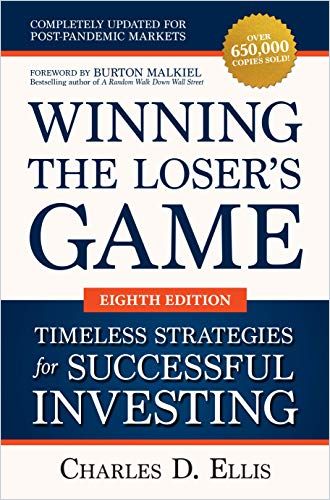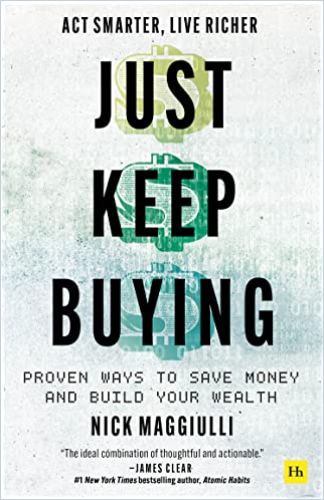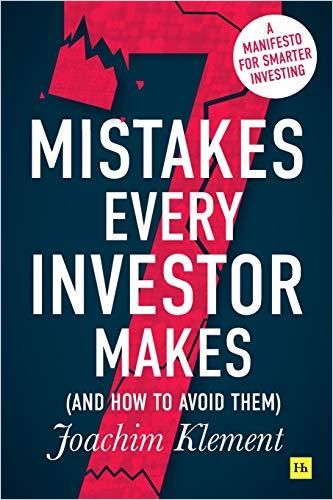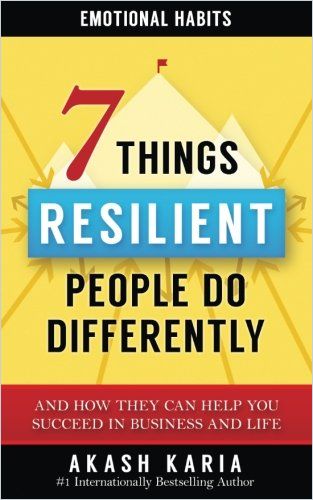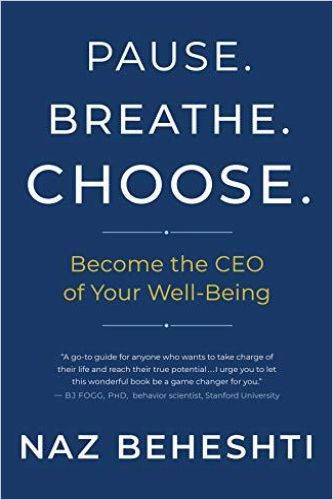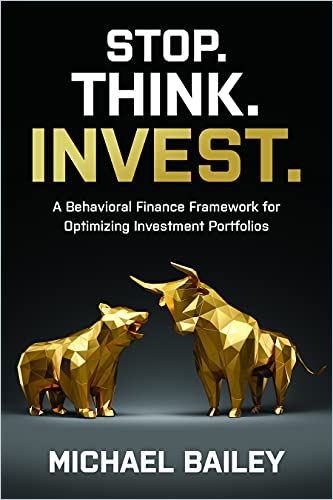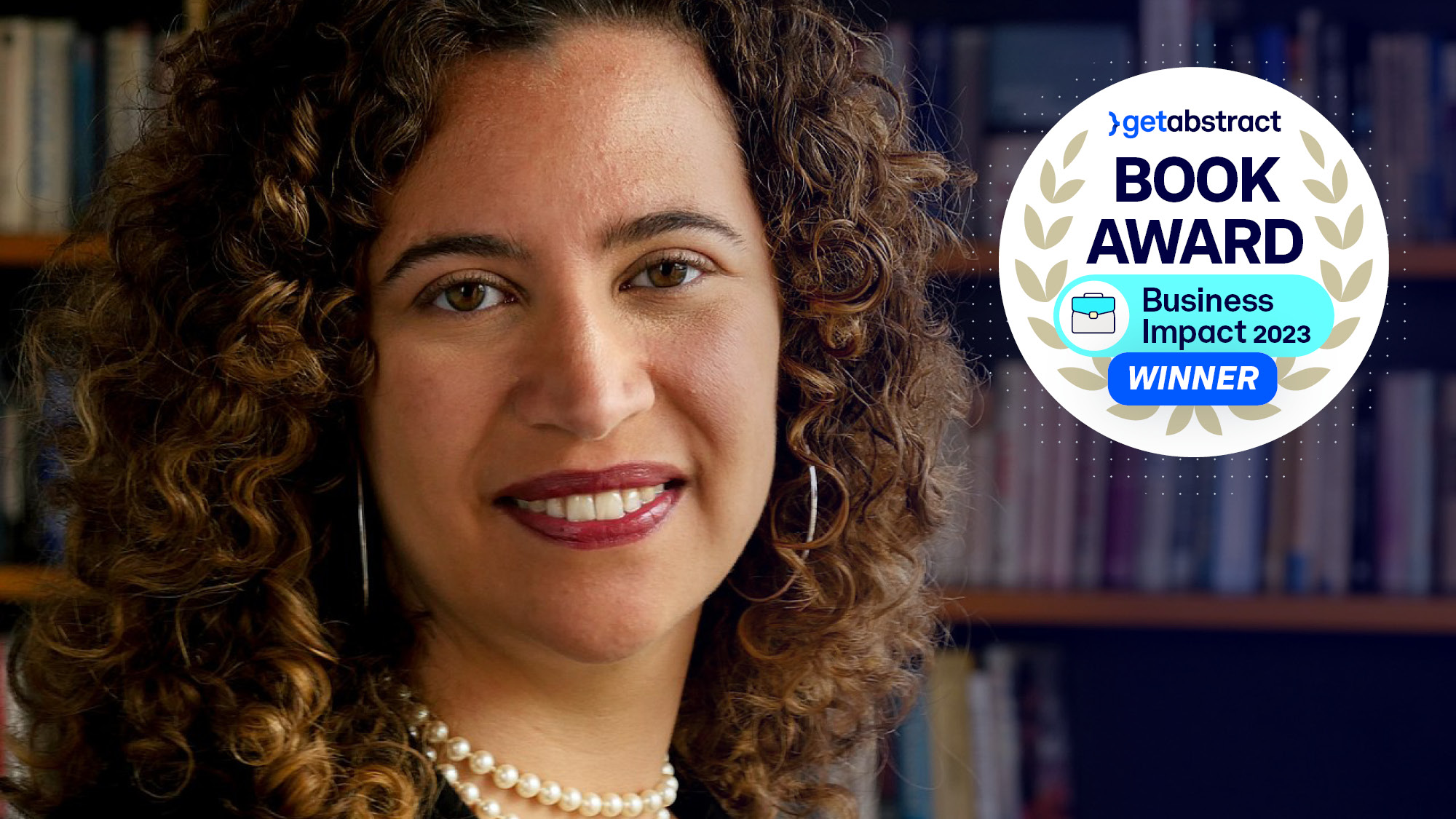You and Your Money

In a world as unpredictable as ours, effectively managing personal finances has become increasingly important. We are not just talking about the ability to balance your checkbook. Handling your money wisely is as much about numbers as it is about psychology and behavior. Achieving financial well-being puts you at ease and contributes to your overall happiness and mental health. Financial well-being won’t look the same for everyone, but it is a goal everybody will want to strive for.
The getAbstract library’s Personal Finances channel offers resources ranging from investment advice for the everyday person to the psychological aspects of handling money. So let’s dive in!
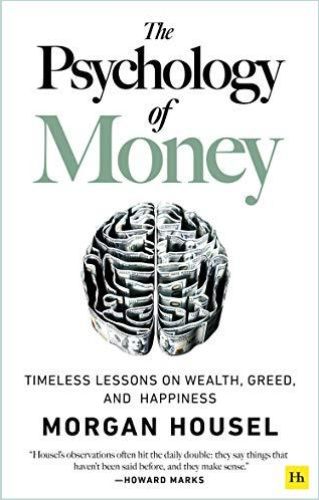
Sound Money Advice for the Everyday Person
1. Create a Budget
How much money do you actually spend each month? Are there areas where you can save or cut back? A budget helps you allocate your resources more effectively and plan for both short-term and long-term financial goals.
In the Millionaire Teacher, Andrew Hallam advises that you start by tracking all your expenses for three months. Software like Quicken can help you record and categorize your expenses. Calculate how much it costs to live every month at the end of that period. Make that the basis of your fiscal plan.
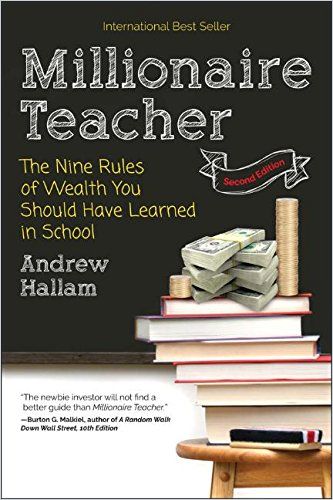
2. Get Rid of High-Interest Debt
Extra cash? Before considering investment options, pay off your high-interest debt first. According to financial columnists Helaine Olen and Professor Harold Pollack, paying off your debt is the best thing you can do to gain financial control. If you have credit card debt and can’t pay off your cards now, try to pay more than the minimum each month. If you have more than one card, first pay the one with the highest interest. The authors suggest you find an “accountability pal” and support each other as you change your credit card habits.
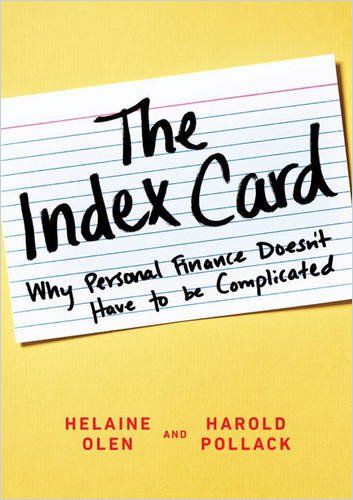
3. Diversify
If you saved $600 a month but didn’t invest it, it would take you 138 years to earn $1 million. However, if you invested $600 each month at an 8% return rate, you’d become a millionaire in just 32 years. The latter example comes from financial columnist Simran Kaur’s book, Girls That Invest. Many people (not just women) shy away from the stock market for fear of losing money. Yet while short-term losses are always possible, inflation will depreciate your bank savings over time. Meanwhile, when you invest money in the stock market, you’ll see returns at an average annual rate of 7-10%, while inflation can result in a 2% loss each year.
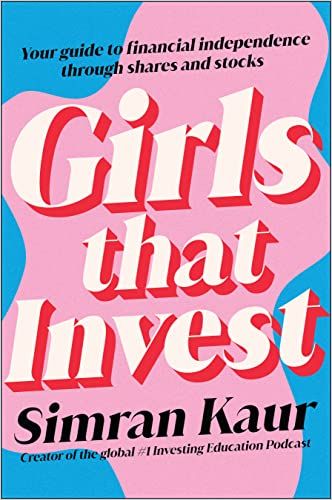
A key investment principle is diversification. Spreading your investments across a broad range of sectors, companies and asset classes ensures that even if one investment performs poorly, others can potentially balance it out.
For the everyday investor, low-cost index funds provide a simple and cost-effective way to diversify, market expert Charles D. Ellis explains in his classic, Winning the Loser’s Game. These funds track a specific index, such as the S&P 500, and generally offer lower fees than actively managed funds. Over time, this can result in significant savings and higher returns. Take your cue from legendary investor Warren Buffet: He famously instructed the trustee of his will to invest 90% of his wealth in a low-cost S&P 500 index fund. Since beating the market is so hard, you may as well join it!
4. Discipline and Consistency Wins
Develop a habit of investing regularly, regardless of market conditions. This approach, known as dollar-cost averaging, can help you build wealth over time while reducing the impact of market fluctuations. Focus on long-term investment strategies that align with your financial goals, risk tolerance and time horizon.
Saving and investing your money consistently holds the key to creating wealth, data scientist Nick Maggiulli explains in Just Keep Buying. Make investing a habit: something you do regularly, just like paying your mortgage or purchasing food. In the long run, your investments will yield a far greater sum than your savings.
5. Keep Learning
Financial literacy is key to making informed decisions and achieving financial success. Continuously educate yourself on personal finance topics, such as investing, retirement planning and market trends.
As the market environment changes, so must your investment strategy. Due to low-interest rates, the era following the 2008 financial crisis has been one of robust realized returns. This is now changing, financial expert Antti Ilmanen explains, cautioning that the stellar performance of certain classes of equities, such as the the FAMAG (Facebook, Apple, Microsoft, Amazon and Google) platform companies, provides no guarantee of future results.
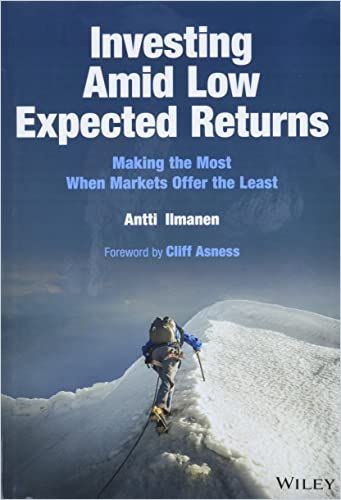
Emotions, Habits, Cognitive Biases – And Your Money
In finance, you can know the rules of interest rates and corporate valuations, but your behavior often contributes more to your success than your knowledge. As thinking, feeling creatures, our behavior and decisions around money is often anything but rational. You may want to keep an eye out for some of the following biases and blind spots:
1. Money Scripts
The way you think about and behave around money has much to do with how you’ve been brought up. Money scripts are unconscious beliefs about money, often passed down through generations, that shape our financial behaviors. Most people unthinkingly cling to the convictions about money they unconsciously acquired as children. Unless you are thoughtful, your emotions about money will shape your financial decisions.
To reassert your mastery over money, author Jason Vitug recommends that you contemplate three factors: Think about how you relate to money, consider how your buying habits shape your life and reflect on how you spend your time. Evaluating these issues candidly can reshape your attitude toward money and transform your perceptions.
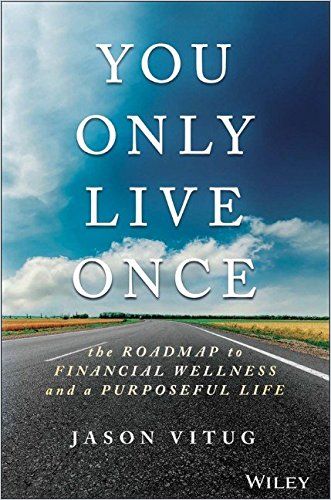
2. Emotional Spending
Do you sometimes use shopping to cope with negative emotions, such as stress, sadness or boredom? To combat emotional spending, it’s essential to recognize your triggers and develop healthier coping mechanisms, such as exercise, meditation or spending time with loved ones. Useful techniques for channeling impulses into more productive outcomes can be gleaned from Akash Karia’s Emotional Habits or Naz Beheshti ‘s Pause. Breathe.Choose.
As we know from the science of Habits, it’s useful to identify the triggers that prompt you to spend money frivolously. Ramsey Solutions put together a succinct summary of common emotional spending triggers and suggestions for resolving them without resorting to your credit card. Another good way of dealing with spending temptations is to use the 48-hour rule: Write down what you want to buy and only purchase it if you still feel the item is worth it for you two days later.
3. Loss Aversion and Other Cognitive Biases
Fear and overconfidence often mess with our ability to implement sound investment strategies. Loss aversion is the psychological tendency to hold on to losing positions with a small likelihood of recovery while selling winning positions early for fear of losing the profits we have gained. This phenomenon can also lead to overly conservative investment strategies, causing investors to miss out on potential growth opportunities.
And then there’s overconfidence: We think we are really good at gauging winning stocks – though, over the long term, history emphatically teaches otherwise.
Meanwhile, fear of missing out (FOMO) can lead to impulsive investment decisions, such as jumping on the latest investment trend without proper research. To combat FOMO, focus on your financial goals and create an investment plan that aligns with your risk tolerance and time horizon.
Author Michael Bailey teaches how to put emotions aside to take sober and realistic investment decisions in Stop.Think.Invest. And Morgan Housel’s The Psychology of Money helps you uncover additional blind spots when it comes to money-related decisions.
Happiness
Money is a means to an end: You will want to have the basics covered and have sufficient funds left over to give you the peace of mind of not having to think about money all the time. Excess possessions, however, won’t make you happy.
According to happiness researcher Sonja Lyubomirsky, happiness is more of a state of mind than the result of your possessions.
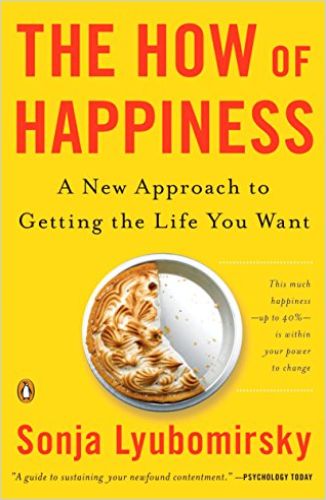
Nor are your possessions likely to impress others. For example, if you own a fancy car, people will more likely think, “Wow, how great would it be for me to have a car like that,” rather than, “Wow, this must be a very successful person and I want to be his/her friend.” As Morgan Housel posits in his article, “The Art and Science of Spending Money,” admiration and respect are more likely to come your way if you are empathetic, kind and modest. These things are rarely the result of nice possessions.
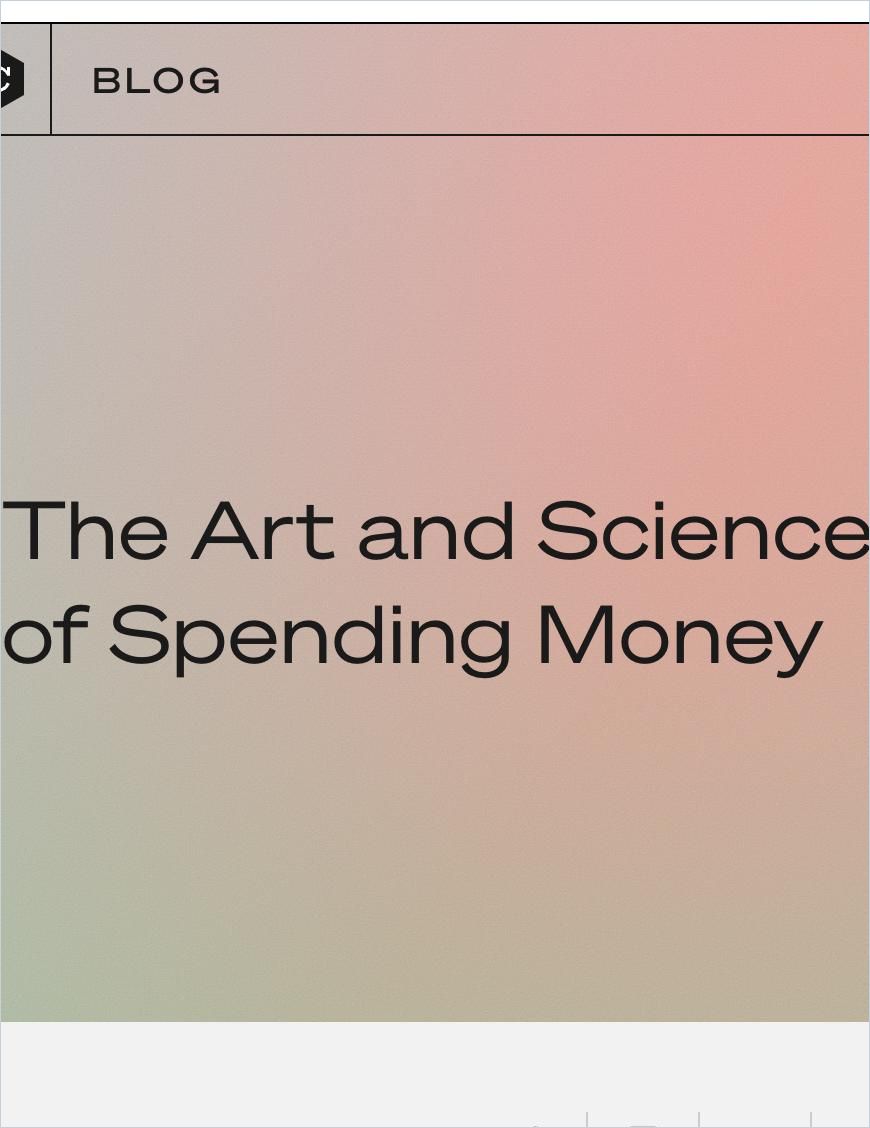
Get clear about what your life goals and values are – and spend your money accordingly. After deciding what you consider important, construct a set of personal norms and make it your doctrine about money. As author Jason Vitug explains, having this guidepost will help you make better money-related decisions.

